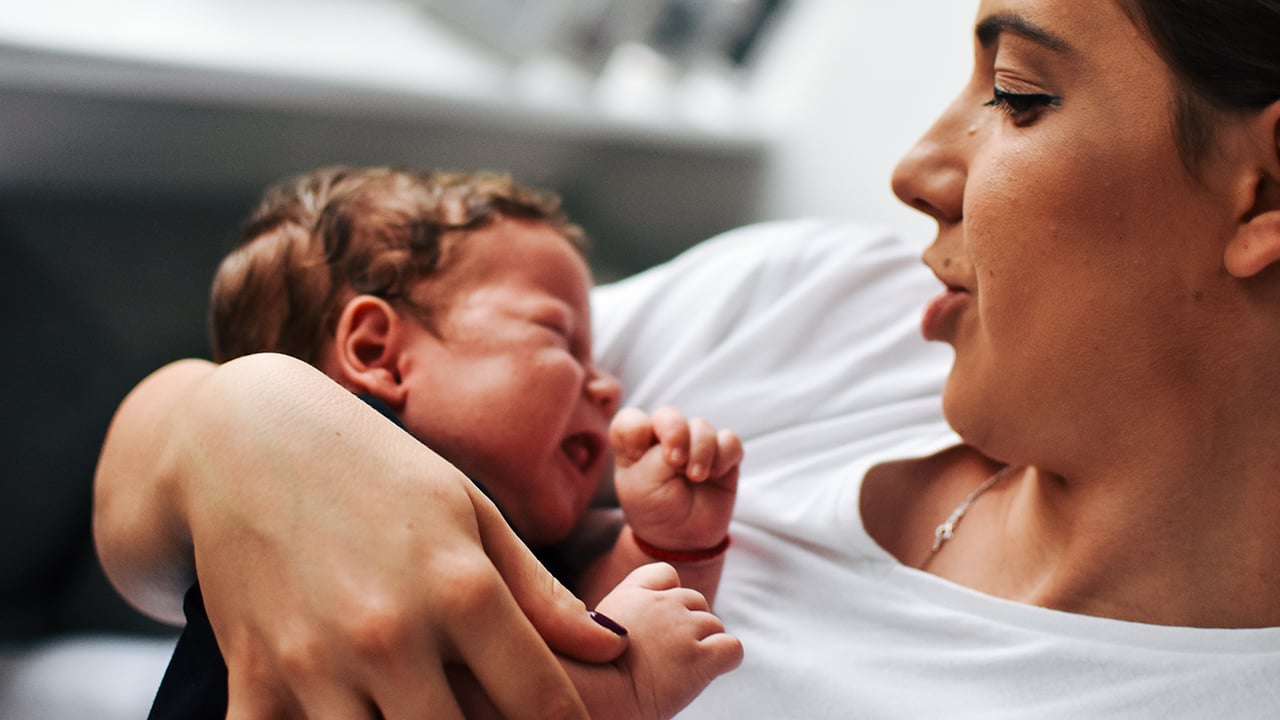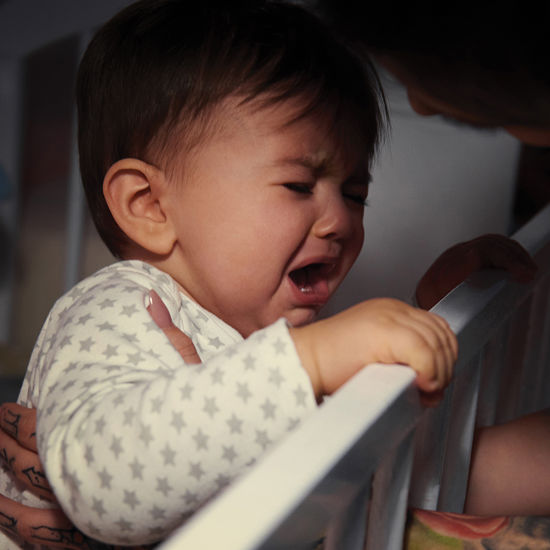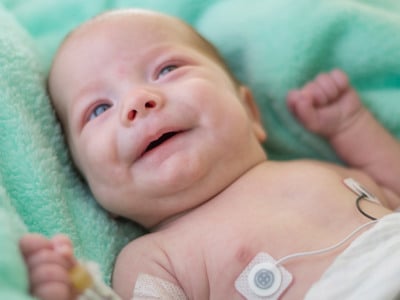- Doctors & Departments
-
Conditions & Advice
- Overview
- Conditions and Symptoms
- ¿Está enfermo su hijo?
- Parent Resources
- The Connection Journey
- Calma Un Bebé Que Llora
- Sports Articles
- Dosage Tables
- Baby Guide
-
Your Visit
- Overview
- Prepare for Your Visit
- Your Overnight Stay
- Send a Cheer Card
- Family and Patient Resources
- Patient Cost Estimate
- Insurance and Financial Resources
- Online Bill Pay
- Medical Records
- Política y procedimientos en el hospital
- Preguntamos Porque Nos Importa
-
Community
- Overview
- Addressing the Youth Mental Health Crisis
- Calendar of Events
- Child Health Advocacy
- Community Health
- Community Partners
- Corporate Relations
- Global Health
- Patient Advocacy
- Patient Stories
- Pediatric Affiliations
- Support Children’s Colorado
- Specialty Outreach Clinics
Your Support Matters
Upcoming Events
Colorado Hospitals Substance Exposed Newborn Quality Improvement Collaborative CHoSEN Conference (Hybrid)
lunes, 29 de abril de 2024The CHoSEN Collaborative is an effort to increase consistency in...
-
Research & Innovation
- Overview
- Pediatric Clinical Trials
- Q: Pediatric Health Advances
- Discoveries and Milestones
- Training and Internships
- Academic Affiliation
- Investigator Resources
- Funding Opportunities
- Center For Innovation
- Support Our Research
- Research Areas

It starts with a Q:
For the latest cutting-edge research, innovative collaborations and remarkable discoveries in child health, read stories from across all our areas of study in Q: Advances and Answers in Pediatric Health.


Recognizing Childhood Illness and When to Seek Care for Babies

No one knows your baby like you do. You know their “I’m just making a fuss” cry, their “I’m hungry” cry and of course, their “I’m really tired, but I will not go to sleep” cry. Even with that knowledge, it can be hard to tell when they’re experiencing “normal” discomfort or mild illness and when you should call their doctor or seek medical care.
Your parental instinct is usually trustworthy, but it always helps to have some guidelines. The experts in our Neonatal Intensive Care Unit (NICU) have advice for when to pay extra attention, when to call for advice and when to seek care. We also include special considerations for babies with medical conditions.
What are normal signs of mild illness or discomfort?
Sometimes babies are fussy for several hours or days. It could be colic, gas, a routine cold or something else bothering them. Seeing them uncomfortable can be unsettling, but you can often handle these conditions at home, and they’ll pass before too long.
It’s important to know your baby’s normal baselines for behaviors like breathing rate, eating, sleeping and crying. Changes from these norms are your first signal that your baby might not be feeling well.
The following are signs of normal childhood illness or discomfort:
- Eating slightly less than normal
- Sleeping more or less than normal
- Crying more than normal
These can all be signs of gas or a mild virus that you can manage at home. If you see these signs in your baby, monitor them closely to see if they get worse. If your baby is still breathing normally, making 6 to 8 wet diapers a day and has a temperature lower than 100.4 F, they probably don’t need medical care.
When checking your baby’s temperature, keep their environment in mind. If you have a lot of layers or blankets on them, remove those layers, wait half an hour and then take their temperature. If it’s still above 100.4 F, call their doctor. As a rule of thumb, babies typically need one more layer of clothing than adults.
When should I call my pediatrician or a nurse line?
There’s an uncomfortable gray area for parents when your baby seems to be feeling more than mild discomfort, but you don’t know if seeking care immediately is going overboard. That’s when you should phone an expert. Call your pediatrician or a pediatric nurse line if your baby experiences the following:
- Fewer than 6 wet diapers in a 24-hour period
- Temperature above 100.4 F
- Sudden and uncontrollable crying that might indicate pain
- Difficulty feeding
- Sleeping significantly more than normal
- Signs of rash, other than a diaper rash
So, who should you call? If you can, call your pediatrician first. They will know your baby best. If it’s late, on the weekend or another time when your doctor is not available, call our pediatric nurses at 720-777-0123.
When to call my pediatrician for babies with medical conditions
For babies who were in the NICU or have ongoing medical conditions, it’s especially important to know their baseline for certain behaviors that could indicate illness. For example, many babies born prematurely or with breathing conditions have a higher breathing rate and it seems like they’re working harder.
For babies without a breathing condition, that could be a sign that they should seek care. For babies with medical conditions, that’s fairly normal. Understand what’s normal for your baby’s breathing, eating, sleeping and crying, and seek advice when they change from their normal patterns.
Every baby with a medical condition has a different set of considerations and issues to look for. Before you leave the NICU, make sure you have condition-specific instructions and warning signs for your baby, and share those with your pediatrician.
When should I take my baby to the doctor?
For some symptoms, you don’t need to call your doctor for an opinion, but for an appointment. Try to see your doctor quickly if your baby:
- Is projectile vomiting
- Has bright green vomit
- Has bloody poop (small amounts)
- Is working harder to breathe due to increased stuffiness, but is still eating well
Call 911 if your baby:
- Isn’t breathing
- Is working hard to breathe and grunting or making other noises while breathing
- Is pausing when breathing
- Is pale or blue in color
When should I seek care if my baby has a medical condition?
Again, the guidelines and concerns specific to your baby’s condition will be your best guide. Outside of that, you can follow the same advice listed above, but err on the side of caution. Premature babies and those with ongoing medical conditions are more fragile, so moderate illnesses could cause more serious consequences. When in doubt, it’s better to seek care too early than to wait and see.

Urgent or emergency baby care
If your infant gets sick or injured, they need care from baby experts. With locations in the Denver Metro area and Colorado Springs, our experts are ready to care for your little one at a moment’s notice.



 720-777-0123
720-777-0123






